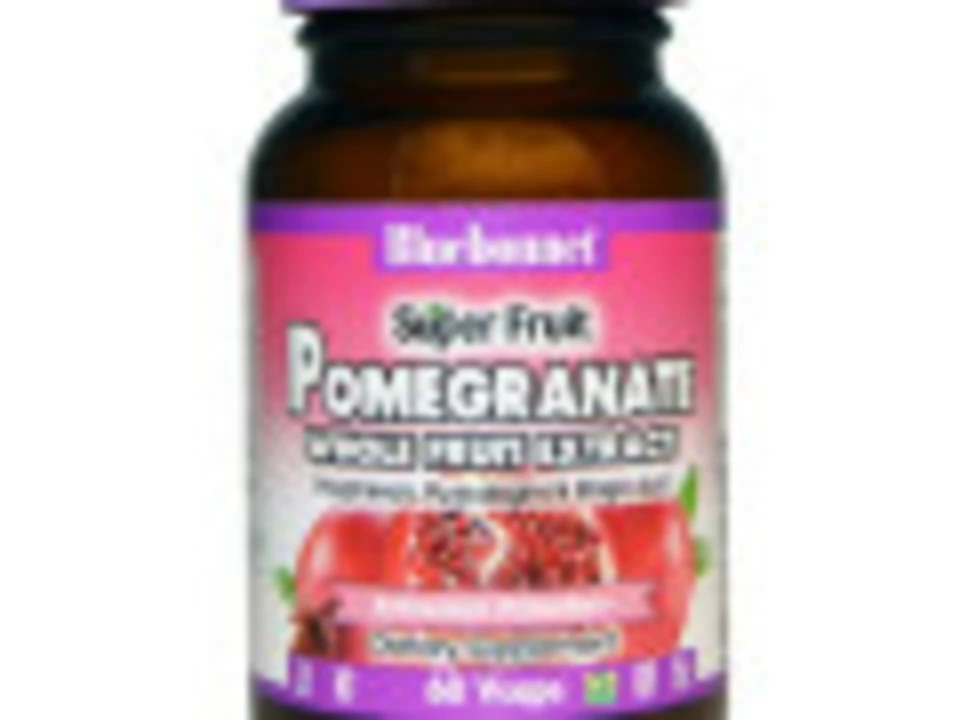Ellagic Acid: Uses, Benefits, and Simple Health Facts
Ever heard of ellagic acid and wondered if it’s worth adding to your health routine? It’s a natural compound found in foods like pomegranates, berries, and walnuts. Loads of folks are curious because some research points to its antioxidant perks—but let’s break down what that really means and how you can use it the smart way.
What’s special about ellagic acid? You’ll spot it listed on trendy supplement bottles, often alongside claims about tumor-fighting power, anti-inflammatory effects, or skin health. Scientists are still running tests, but there’s genuine evidence ellagic acid acts as an antioxidant. In plain English, that means it helps fight damage caused by unstable molecules—think of it as a mini bodyguard for your cells. But, it’s not magic. You won’t fix everything just by loading up on it, so keep expectations realistic.
Where do you get it naturally? The biggest punch comes from foods. Strawberries, raspberries, and blackberries are the top sources—just a handful gives you a decent boost. Pomegranates rank high, too. If you snack on walnuts or pecans, you’re already getting a bit without any pills. Most experts agree that food is the best way to add ellagic acid into your life; it comes with other good stuff like vitamins and fiber.
Should you take a supplement? There’s a lot of hype around pills and powders. While supplements can flood your system with higher doses, your body doesn’t always use it all—much of it just goes to waste. Plus, supplements aren’t carefully regulated everywhere. Some online sellers cut corners on quality, so look for trusted pharmacy brands if you decide to go this route. If you already eat lots of berries and nuts, you probably don’t need an extra boost.
Real health benefits—what’s proven? The science isn’t totally settled, but some small studies suggest ellagic acid might help control blood sugar and reduce inflammation. It’s also being tested to see if it protects the liver or helps skin recover from sun damage. The catch? Most results come from animal or lab studies, not massive human trials. Don’t expect miracles—use it as part of a balanced diet, not a fix for serious medical problems.
Is it safe? Eating foods with ellagic acid is considered safe. Supplements are usually fine for healthy adults in moderate doses, but massive amounts could cause tummy troubles. If you’re on medication or have chronic issues, double-check with your doctor before starting anything new—just to play it safe.
Want practical tips? Add a handful of berries to your breakfast or toss pomegranate seeds on a salad. You’ll get natural ellagic acid plus extra fiber, vitamins, and color on your plate. If you’re buying supplements, stick with pharmacies you trust, and ignore wild claims—there’s no shortcut to good health in any one pill.
Long story short, ellagic acid has some promising traits. Focus on food first, skip sketchy Internet products, and ask questions if you’re unsure. Your body will thank you for the simple approach.
Unlock the Power of Ellagic Acid: The Ultimate Dietary Supplement for Your Health
In my latest blog post, I dive deep into the amazing benefits of ellagic acid, the ultimate dietary supplement for our health. This natural compound, found in fruits like raspberries, strawberries, and pomegranates, has been proven to possess anti-inflammatory, anti-cancer, and antioxidant properties. By incorporating ellagic acid-rich foods into our diet, we can unlock its power and improve our overall well-being. I've also shared some tips on how to easily include it in our daily meals. Trust me, you don't want to miss out on this incredible health booster!
